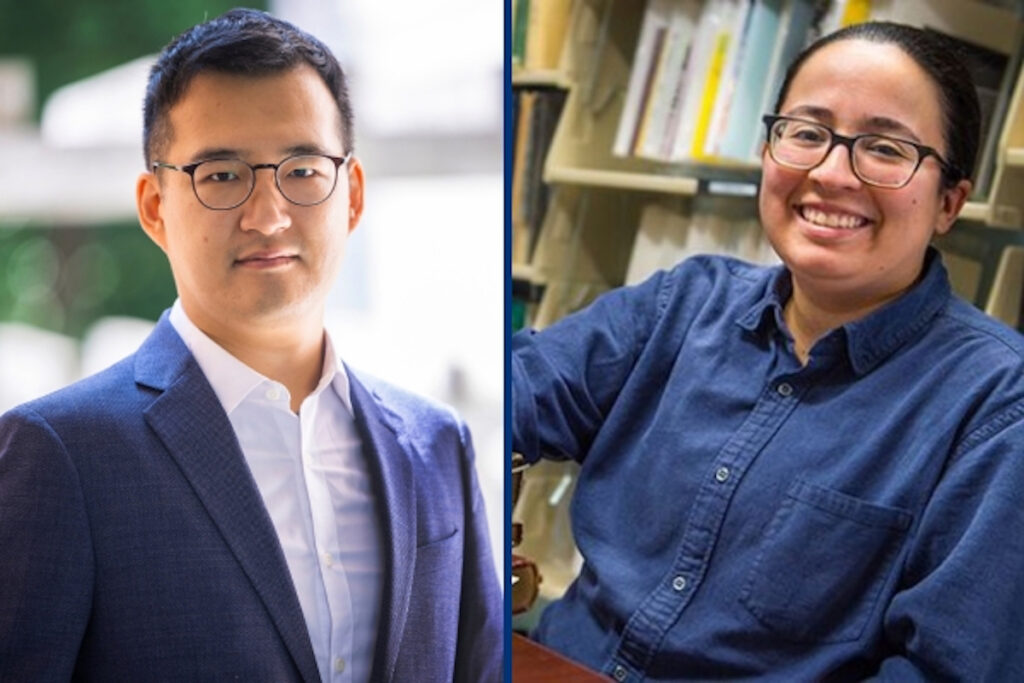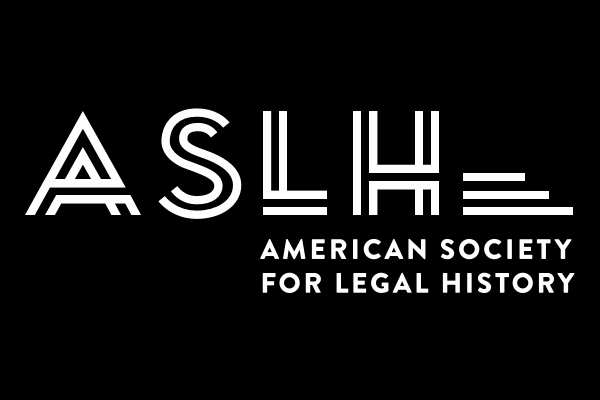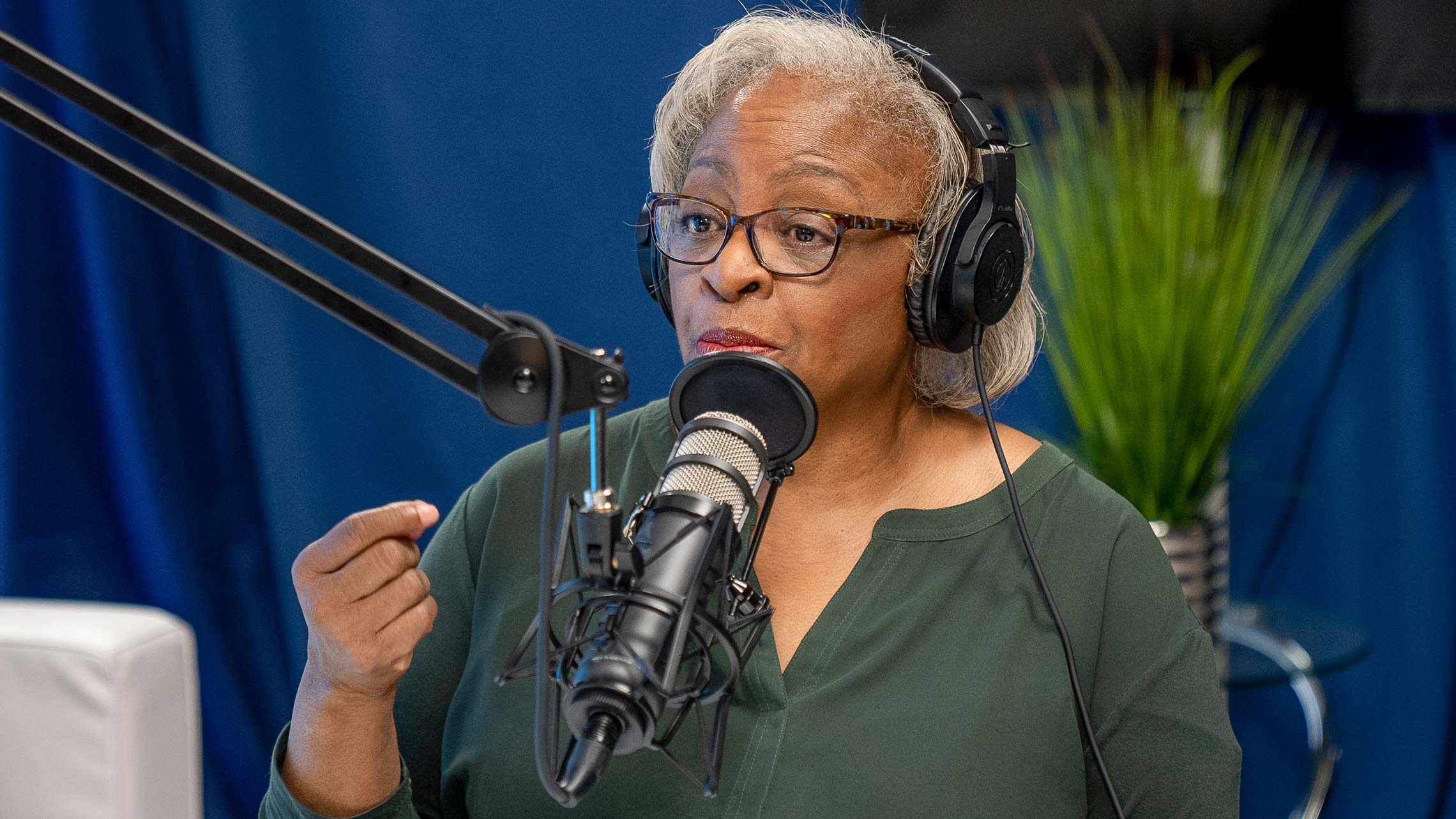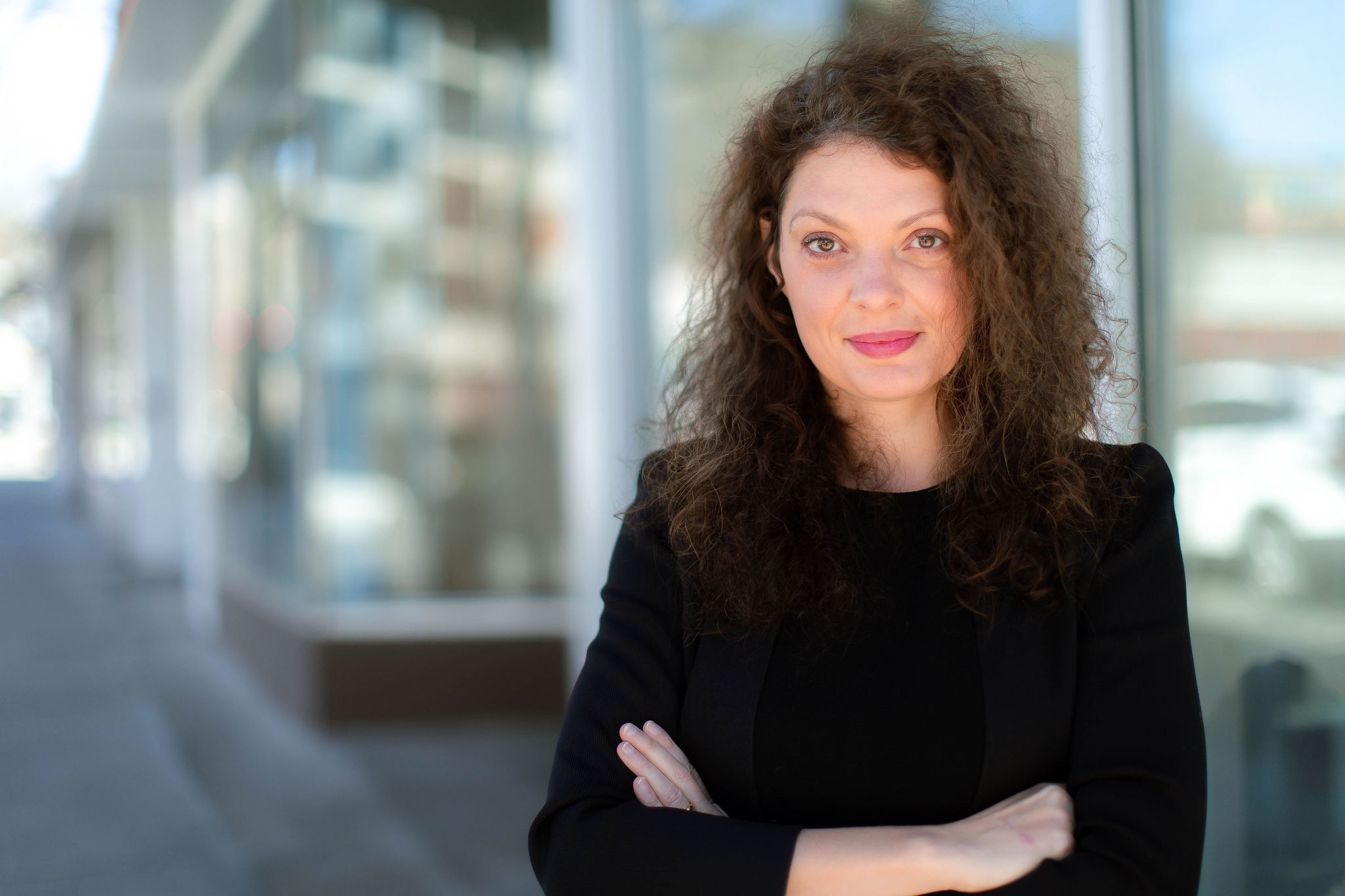Dr. Yanna Yannakakis, Associate Professor of History, recently published her second single-authored monograph, Since Time Immemorial: Native Custom and Law in Colonial Mexico, with Duke University Press. In the latest installment of our New Faculty Books series, Dr. Yannakakis offers a glimpse into the making of this book.
Books are produced over years if not decades. Give us a sense for the lifespan of this book, from initial idea to final edits.
Inspiration for this book came from different directions and over a long period of time. My interest in how Indigenous people in Latin America reconstituted their communities, social norms, and lifeways under Spanish colonial rule led me to graduate school, as did my engagement with Indigenous activists through the Central America solidarity movement. I began doctoral studies in History in the 1990’s when many Latin American nation-states reworked their constitutions to include official recognition of Indigenous customary law (norms rooted in longstanding cultural practices). At the time, this puzzled me since many of those same nation-states were simultaneously implementing neoliberal policies that undercut collective landholding and privatized public goods and resources. Those policies ran contrary to the interests of many Indigenous communities and peasant farmers.
Against this backdrop of events in the present, through my doctoral research, I encountered legal cases in which Indigenous communities in colonial Mexico haggled with one another over land, labor, and resources, justifying their claims in Spanish colonial courts through recourse to ancient custom. These cases raised questions for me about the relationship between colonial history and contemporary realities. Did the customs of the colonial past bear any relation to pre-Hispanic practices or to customary laws of the present? What exactly was Indigenous custom, what were its origins, and who did it serve in different historical moments? How were claims to Native customary law supported and justified? Why did Indigenous litigants argue with one another over custom? What were the long-term effects of customary claims to land, labor, and self-governance by Indigenous communities?
Over the years, starting in the late 1990’s, I kept a file of references to custom that I found in the colonial archives, even though Indigenous custom was not the focus of my dissertation or first book. Meanwhile, I finished my degree, got a job, earned tenure, and my research went in new directions. I was fascinated by translation in colonial legal settings, so I dove into Indigenous language materials produced by the Catholic Church and court records produced by Native authorities in Mexico’s Indigenous languages. I thought I would write a book about law, religion, and translation in cross-cultural context. But I kept circling back to my initial interests and discovered that much of my work on translation could be harnessed to a broader project on Indigenous custom and law, and in the end, this turned out to be true. So the lifespan of this book has been long, and the path of researching and writing it, jagged and circuitous. A number of fellowships provided space to research and write shorter pieces and develop my ideas. I wrote most of the book during the pandemic from May 2020-July 2021 when I had a sabbatical. For some reason, the moment of the pandemic catalyzed all of the work I had done along the way. It was not a straight line from initial idea to book, but I would not have changed the process one bit. All of the years of research on language, law, and translation enriched the final product.
What was the research process like?
So much of the research that nourished this book was collaborative. My interest in Indigenous languages and colonial translation led to a fruitful interdisciplinary collaboration with a socio-linguist and old friend, which resulted in several co-authored articles and chapters and a community-engaged public humanities project in Oaxaca (Mexico), my primary research site. I also worked collaboratively with colleagues at Emory’s Center for Digital Studies (ECDS) and with a talented and dedicated group of graduate research assistants to produce a digital humanities website on law, imperial space, and Indigenous social networks in colonial Mexico, a project that also nourished the book. Alongside my collaborative work, I continued to collect material from archives, libraries, and special collections in the United States, Europe, and Mexico. Serendipity played a role in my research process as well. A few years ago, the judicial archive in Oaxaca began to catalog and make available the notarial records for one of the regions that figures centrally in my book. This was a great boon to the project because it allowed me to research the workings of Indigenous custom at a very local and granular level. And as I discovered new sources, I returned to some older, well known sources — like Mesoamerican pictographic codices and maps – with fresh questions generated by the archives. In sum, my research process was like a spiral of discovery and re-discovery, of pushing beyond my disciplinary boundaries and returning again to the nuts and bolts of history. It also entailed working collaboratively with colleagues and most importantly, with Indigenous communities whose histories feature centrally in my work.
Are you partial to a particular chapter or section?
Each chapter represents a phase in my long and varied research trajectory, so it is hard to decide which I like best. I wrote the last three chapters (five, six, and seven) first, so in many ways they feel like the beating heart of the book. Those chapters draw from notarial and legal records produced in Oaxaca, some of which were written in Indigenous languages and others in Spanish. They treat the most fundamental aspects of customary law and practice in Indigenous communities: self-governance, land tenure, and labor. In each of these chapters, I feature legal cases that unfolded over a long period of time, which allows me to narrate local histories in a sustained way and bring them to life with detailed storytelling. Because of my longstanding connection to Oaxaca, those chapters feel most immediate to me and resonate with my understanding of the region. My interdisciplinary engagement comes to the fore most fully in chapter two, which focuses on language and translation, and chapter three, which engages the Codex Mendoza, one of the most iconic pictographic texts of Mexico’s early colonial period.
How does this project align with your broad research agenda?
In my research, I have worked to complicate overly simplistic understandings of colonial Indigenous histories, which were complex and not given to neat oppositions. Through my research, I have learned that in the context of colonial violence and exploitation, Indigenous individuals and communities developed strategies to protect and pursue varied interests and to secure rights to land and semi-autonomous self-governance. Some of those strategies can be characterized as resistance, others as negotiation, and others as learning to work within colonial systems and institutions, the most important and powerful of which were colonial law and Christianity. Native people adapted these institutions to their needs and objectives and wove them into the fabric of their forms of self-governance, social relations, and everyday lives. Custom – a European juridical category imported by Spanish administrators to the Americas – provides an ideal means through which to explore this process and analyze how Indigenous peoples made legal claims based on the practices of the past to generate new rights for the future.









